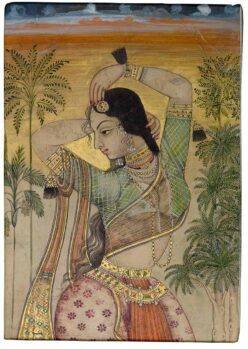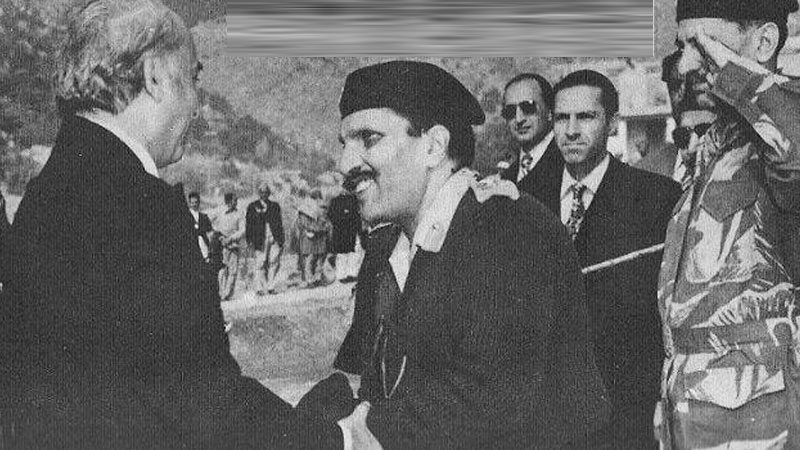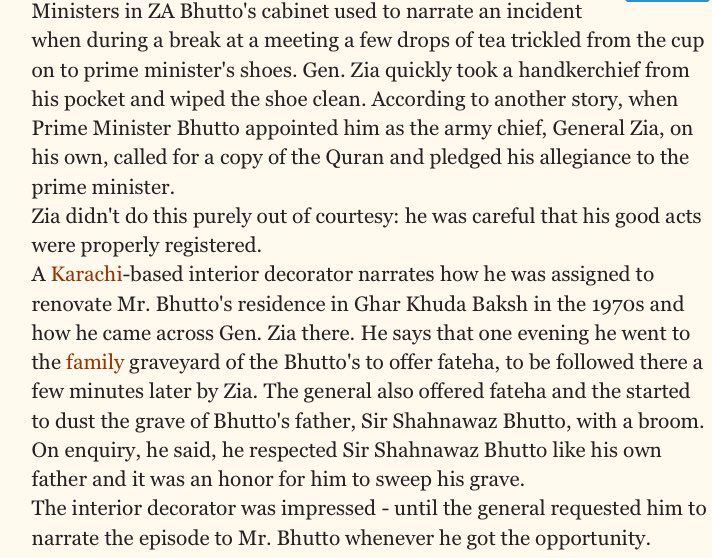From Major Amin. These are snippets of conversation that he has sent. The participants include several retired officers who were direct participants or observers of Zia’s coup in 1977. Their memories are worth a look, even if the post is disjointed and some words probably need context not known to an outsider..
Major Amin: my father was CC Engrs 4 Corps and on 4 July 1977 iqbal khan gathered all officers and congratulated them that an agreement had been reached
I interviewed brig imtiaz warraich —-
You were Commander 111 Brigade in 1977. Please describe in detail all that you saw, and all the actions connected with Zia’s military takeover on 5th July 1977?
Brig Warraich: 111 Brigade is located in West Ridge Rawalpindi and was under command Headquarter 10 Corps. Lieutenant General F.A Chishti was the Corps Commander. This operation took place on the night of July 5, 1977 resulting into the imposition of martial law.General Mohammad Zia ul Haq the then COAS became the Chief Martial Law Administrator. Normally a question is asked as to how early were you as Commander 111 Brigade taken into confidence. My answer is only a few hours prior to the commencement of the operation on night July 5, 1977.
I recall that about fifteen days earlier I had requested for one month leave to prepare for my war course. Initially the leave was sanctioned but after three to four days I was recalled. In retrospect, gives an impression that at higher level this contingency might have been considered much earlier. I also recall that two three days prior to this operation Zia remarked that negotiations between the government and PNA are reaching a dead end and the situation is likely to worsen .I spontaneously remarked “Sir, if they are given some more time Sihala Parleys might see some tangible results”.On my uncalled for remarks the Chief of Army Staff (COAS) was startled and uneasy. Later I learnt that due to an element of uncertainty a major general was called and the impending operation was not changed. It appeared that the new incumbent was either not considered exuberant enough for the task in hand or due to shortage of time status quo was accepted.
On the fateful night at about 11:30 P.M, Chief of Staff 10 Corps personally came and conveyed the orders to me. There was a danger of civil war situation emerging, therefore, army had decided to intervene and take the higher political leadership both of Pakistan Peoples Party (PPP) and the Pakistan National Alliance (PNA) into custody. Names of eleven leaders from PPP mostly Federal Ministers and nine senior leaders from PNA were identified who were to be brought to Officers Mess, Headquarters 10 Corps Chaklala.
Within half an hour on receipt of the orders I held my orders group (O Group).On night July 5, 1977 I had six infantry battalions under command, four of my own and two ex 23 Division Jhelum, which were already there on Internal Security Duties in Rawalpindi. The principal task that we were required to perform was to constitute about twenty parties each headed by an officer with six other ranks, each to escort one VIP/Leaders from their residences to Chaklala. Guard Battalion 6 Baluch at PM House was to remain in location without any task. There were many other duties for which units were earmarked but these were not of great consequence.
We discovered that most of the ministers were living in Islamabad. Officers and men who had gone to escort them found it very difficult to locate their residences. Luckily within the stipulated time we were able to bring all the leaders of both parties to Chaklala.I may point out that all junior officers and men were given explicit orders to remain very respectful and courteous to the senior politicians and ministers, hence, no untoward incident took place.
When the task was accomplished by 0330 hours and all leaders had assembled in Headquarters 10 Corps, the army chief General Zia spoke to the ex Prime Minister on telephone that he had imposed Martial Law in the country therefore,Prime Minister would be escorted to Murree at seven O’clock in the morning. I may point out that during the whole operation no officer or troops entered the PM House and no disturbance was caused.
When I recall the events I find that when the morning came bigger people took over the charge and we once again were absorbed in our humble daily routine. During the subsequent years as we observed that a grand political manipulation commenced. Self- aggrandisement efforts to acquire most powerful jobs became the order of the day on part of most senior generals, some eminent politicians and technocrats. National interest as usual took the rear seat and was of secondary importance.
Zahid Zaman Brig: I am following the very interesting discussion about the imposition of martial law. I was acting gso1 16 div since Jan 1977 and involved in Balochistan operations. On April 26 we were ordered to move to Karachi where a local ML had been imposed. I moved with a small party from Temple Dera now Dera Murad Jamali reaching Karachi early morning 28 April. Through a court order,these MLs were lifted in May 77. The GOC Late Lt Gen SM Abassi was called to GHQ we moved to Quetta in early June. On morning 5th July I was told that a Top Secret document has arrived to be collected by an officer from the signal centre and it was done. The document was the agreement likely between the govt and PNA. While still studying and reading the agreement,I was told to personally go and receive a flash signal. I got it, and it was the order imposing martial law. The rest, as they say, is history.
Major Shahid Rahman: Zahid Zaman, Sir, it was decided much earlier by the then COAS, Gen Zia, that he wanted to remove Bhutto. The Late Maj Gen Abdullah Malik, who had been our Bde Comd in East Pakistan, and was CGS in 1977, used to live close to my place in Islamabad after retirement. I had also joined the company he had raised with Brig Mian Mahmud in the 1980s.
He used to tell us, that from April, 1977 onwards in every meeting the Chief would be ridiculing PM Bhutto, and making gestures to see how many of his generals are of the same mindset as himself.
If I remember correctly, he told me, a meeting in April, 1977 in GHQ was the defining moment, when the Chief indicated, ‘we should be ready ‘..
We still don’t know, what really happened which made Gen Zia make a Uturn on Bhutto…
[11:24, 7/18/2019] Zahid Zaman Brig: I agree with. In May77, there was a naval cadets passing out parade in their academy. Gen Tikka Khan,who was the defence minister was to be the chief guest. The GOC asked me if I had been invited and gave an affirmative to that. He told me to accompany him along with my wife. I had been allowed to bring my wife to Karachi. We were to leave early as the GOC said the bridge connecting the mainland will be removed after 0800 hrs. In the evening while discussing the days happenings,Gen Abassi said let us skip the passing out and let Gen Tikka take his last salute. This was a clear indication to me of things to come. Any way once ML in Karachi was lifted, the GOC asked me to make list of all files and hand them over to HQ 5 Corps. . the GOC asked me to make list of all files and hand them over to HQ 5 Corps. He said after that I could leave for Quetta while he will go to GHQ Pindi. He said the chief has tasked him to prepare plan for holding elections under army supervision. Later after imposition of Martial Law throughout the country,Gen Abassi told me ,told me it was not for election but ML that he was called to plan.


